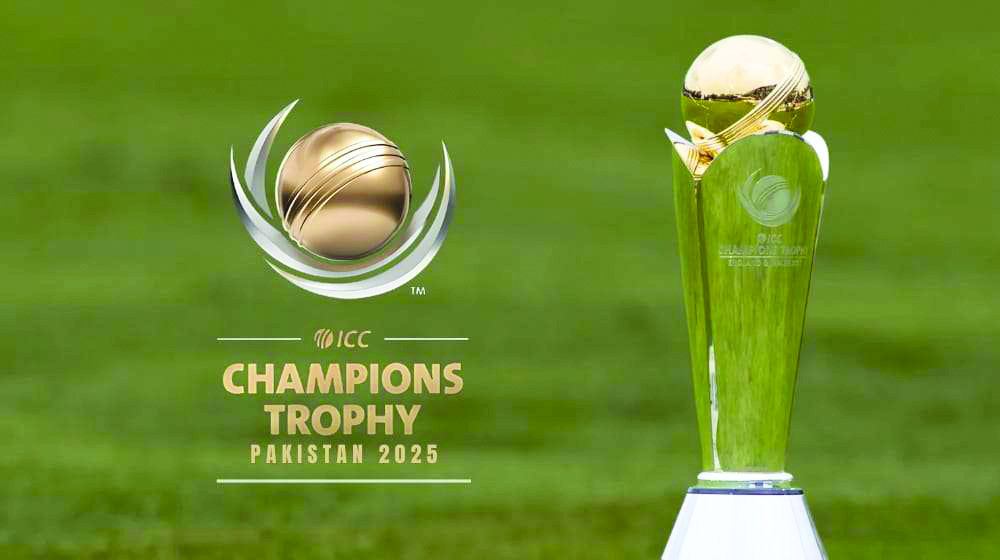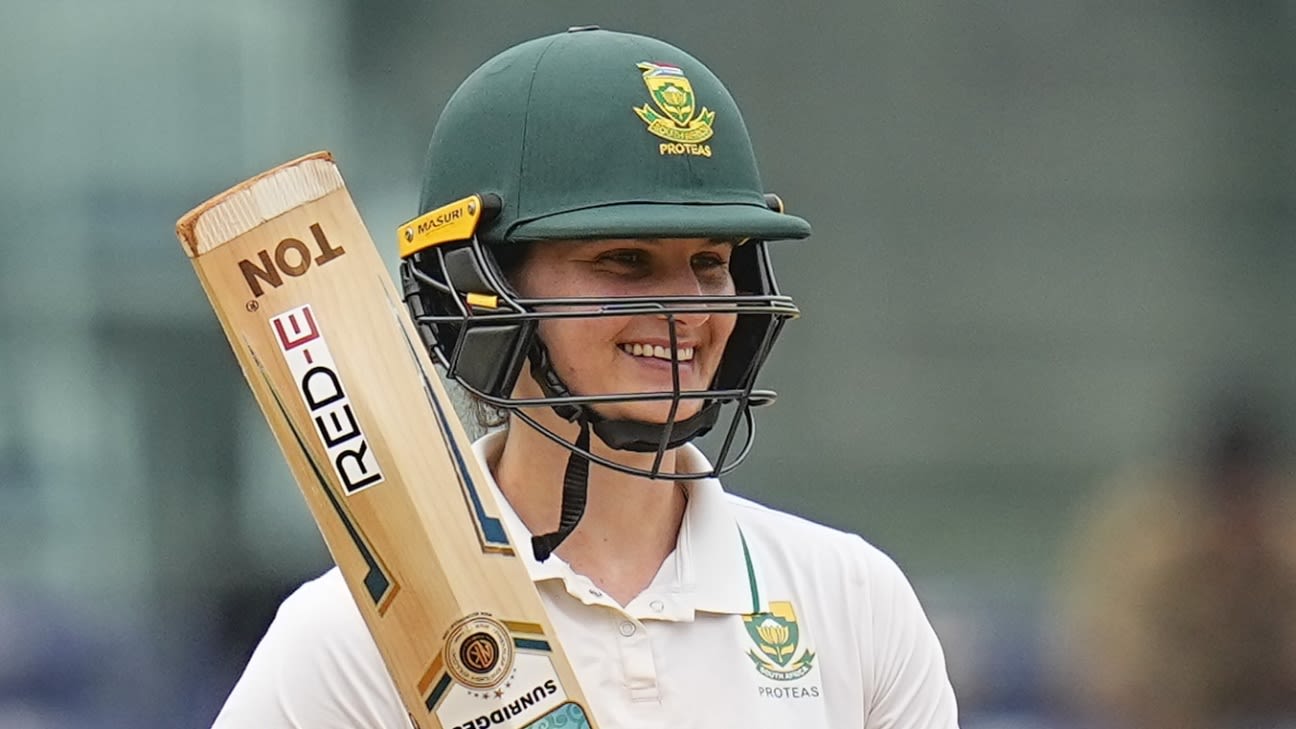Cricket Board's Halt on Trans Women Sparks Renewed Debate on Inclusivity and Medical Considerations

The International Cricket Council's (ICC) ban on trans women in the sport has reignited a contentious issue amidst the rising profile of trans cricketer Anaya Bangar, a 23-year-old who has openly shared her concerns about the current rules.
Anaya Bangar, a former India national team cricketer, has confronted the harsh reality that her dreams of continuing to play professional cricket have been derailed by the ICC's restrictive stance on trans women participants. Despite undergoing hormone replacement therapy (HRT) that has brought her testosterone levels below 0.5 nmol, the current regulations severely limit her participation. The rules, which disqualify players who have experienced any part of male puberty beyond Tanner Stage 2 or after age 12, bar Anaya from competing with India's women's national team or participating in top-tier international cricket. However, the ICC has announced that it will review its policies in two years, offering a glimmer of hope for trans women athletes like Anaya.
Anaya's situation mirrors the broader challenges facing the sporting world as they navigate the complexities surrounding hormone replacement therapy (HRT) and its implications for transgender individuals who wish to participate in their respective sports. Dr. Satyam Chakraborty, an endocrinologist, highlights the multifaceted role of HRT, which can induce physical changes, alleviate symptoms, and improve quality of life for transgender individuals. However, the medical expert also cautions that HRT is not without risks, especially when used long-term, and requires regular medical supervision. It is crucial to balance the eligibility criteria with the medical realities affecting trans athletes, ensuring that the sporting world can be a more inclusive environment for all individuals, regardless of their gender identity.
Given the ICC's commitment to review its rules in two years, advocates are pushing for change, advocating for policies that promote competition, inclusivity, and fairness. Cricket's evolution must acknowledge the rights of trans athletes while addressing the critical medical considerations associated with HRT. Anaya Bangar's courage in speaking out and sharing her experience sparks hope for reform, inspiring a dialogue that balances sportsmanship and humanity.
For Anaya Bangar and other trans women aspiring to participate in professional cricket, the road ahead remains uncertain. Yet, as the sporting world grapples with the challenges and complexities surrounding inclusive policies, one thing is clear: it is through nuanced discussion, empathy, and a willingness to adapt that cricket can become a more inclusive and welcoming space for athletes of all identities.








